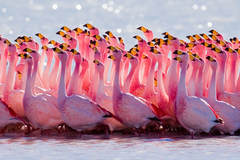
Collective Nouns
This week I came across a collective noun that I had not heard before, ‘A flamboyance of flamingos’ and this reminded me of some of others which I already knew: a business of ferrets, a murder of crows and a parliament of owls. I then started to share them each day on twitter using the hashtag #collectivenouns and sharing the most unusual examples that I could find, such as a dazzle of zebras. The posts garnered lots of interest, so I began to think about how I would use the collective nouns in writing. Many of the words are incredibly descriptive and could be used when writing setting descriptions in order to help convey a mood. For example, when creating a peaceful mood, perhaps to describe a quiet country walk, the following examples could be used: As I crossed the dew-kissed meadow, the sun rose above the distant hills and a wisp of snipe took flight from the long reeds. The word ‘wisp’ used here adds to the peaceful mood whereas an example such as a ‘pandemonium of parrots’ or ‘a band of plovers,’ or even a ‘parliament of owls’ would shatter the peace. It isn’t only birds that can lead us to imagine a peaceful moment. Barely a sound could be heard, except the gentle ruffling of the breeze-blown leaves in the trees and a prickle of hedgehogs snuffling for worms. As well as peace, they could help children to include some atmospheric language in their writing: A murder of crows nestled on the black, skeletal branches above, almost invisible now as the darkness descended. The word murder will have connotations for the reader as will the word skulk in the following example: A skulk of foxes prowled through the town, silently illuminated only by the weak moonlight. Taking it further...To take it further, collective noun can be used as similes – see the examples below: The gang prowled the estate like an ambush of tigers. The snowy mountains nestled together on the horizon like a giant aurora of polar bears. The models took to the catwalk like an flamboyance of flamingos; tall, thin and colourful. The children alighted the bus like a troop of monkeys Another interesting activity would be to ask children to create their own collective nouns. We asked on social media for a collective noun for teachers and amongst my favourites were:
As always thanks for reading! Please share!
Thanks Rob
3 Comments
I do not remember learning to read. Perhaps I always just could, or perhaps it came to me at an early age, or perhaps I enjoyed it so much that I don’t have any painful memories about it stuck in my mind.
I have some early pleasurable memories about reading. The earliest of these is of my Dad and me, sat in his bed, in our pyjamas. His were chocolate brown with a yellow pocket; mine were blue striped (it was 1986). My brother had been in an accident and so my Mum was at the hospital with him. I remember we read a book about fireworks but I sadly cannot remember the title. My second earliest reading memory is the night I learned to read silently. You may think it odd that someone can remember the exact moment that they learned to read silently, but mine was almost an epiphany and the memory is just as vivid 28 years later. I don’t really like hospitals and the 7-year-old me liked them even less. There I was – facing a few nights on the children’s ward at Whiston Hospital – ready to have my tonsils and adenoids removed. I had with me an array of colouring books and a few books to read. The ward lights had been dimmed and most parents had gone home as they were not allowed to stay. I switched on the metallic, angle-poise lamp above my bed and began to read by its soft glow, my bed encased on all sides by the stiff hospital curtains. I remember that I wasn’t very far through my book when someone swept the curtains aside and said, in a whispered shout, “Shut up! You are keeping my little boy awake!” then promptly disappeared. This ‘witch’ appeared from nowhere, out of the darkness, down-lit by the hospital lamp, and she scared the dickens out of me. From that point onwards I could read in my head. What a gift this was too – it meant that no one knew whether I was awake or asleep once I had been sent to bed, and as long as I had some faint illumination, then I could read and read. And I did. I devoured anything and everything I could get my hands on. I went to Smugglers Top with Julian, Dick, Anne, George and Timmy. In fact, I went to many places with these Famous 5. I read World War Two in Colour, this had belonged to my Dad, as had the Warlord, Hotspur and Victor annuals that I found under his old bed (the one I slept in most weekends between the ages of 8 and 18 years old) at my Nan’s house. Because I could read, and read well, then I enjoyed it. If I wasn’t enjoying it, then I probably would have done something else. I must have been a teacher’s dream! I read avidly and wanted to read more. I have taught children like me, those who read everything you give them and then bring in their own books to read, discuss and share. However, not everyone is like a young Rob Smith: hungry to read and able to sate that hunger easily because home life was calm, because school was enjoyable and because home was filled with books. When I look at my own children I can see this echoing down the generations. My 8-year-old could read before he started school and my two-year-old already chooses to ‘read’ books for pleasure daily. Sometimes, as teachers, we can forget that not all children have such a ‘privileged’ home life. It startles me every time I read how many children claim to have no books at home. 10% of children, according to The National Literacy Trust (NLT 2014), leave primary school without ever visiting a library or owning their own book. Now this perception may be exaggerated by some of the children, but if they only have one or two books in the home, plus their school reading book (quite possibly from a boring reading scheme if they are of lower ability), then they are, in my opinion, book poor and will often have a deficit of cultural capital. We, as teachers, have a responsibility to these children to ensure that they leave school as readers. This responsibility is twofold:
It is my belief, under the current education system, that we often put children off reading early on through formal and informal testing and I believe that this affects boys more than girls due to them often having a more competitive nature. From an early age, most teachers share wonderful books with their class. They often read to them on the carpet as a class more than once per day, although this often diminishes as they rise through school. In fact, my first ever teaching task on my first ever placement in a school was to read a book with the class. I chose The Rainbow Fish. I remember that my task was to read the book to the children, but in addition to this, I had to formulate a number of questions to ask as we read the text and then afterwards complete a follow up activity. At the point when I started asking questions and giving out follow up tasks, I probably spoilt the whole experience for some of the children. Those who were perhaps struggling with comprehending the text may have found these follow up activities disengaging and a chore. I think on occasion, when the tasks are too difficult or strenuous, then this can have a dramatic effect on some pupil’s engagement with the text. Last week, I had the privilege of attending the Norfolk Book Centre’s annual reading conference and this year their theme was ‘Reading for Pleasure.’ I arrived a day early for the conference as there was, as always, a pre-conference meal (they are very civilised in East Anglia). To my delight, I was seated two chairs away from my hero, the renowned author Frank Cottrell-Boyce, a wonderful, softly spoken scouse nun-kicker with whom I have a couple of things in common - we come from the same part of the world! We had a chat over a carvery dinner and discussed, amongst other things, my love of ‘Millions,’ my partner’s dislike of ‘Millions’ and how Frank and the team persuaded the Queen to join in the 2012 Olympic Games opening ceremony. In his keynote the following day, Frank began by regaling us with some of his early childhood memories of home, school (this is where the nun kicking came in), and reading. I did not write down copious notes as I was so enthralled, but to paraphrase him: “We make children pay for listening to us read, or reading a great book by making them do ‘stuff’ afterwards. We need space for just giving without the need for payback.” He later echoed this sentiment when he said, “A book given freely unlocks doors for children.” What could this payback that he mentioned look like? Types of payback
Think! How often do we as teachers offer reading freely without any payback? Could you offer it more often? Back to my childhood memories… why can I remember being in bed with my dad and sharing a book about Fireworks at the age of 4? Because there was no ‘payback!’ As always, I look forwards to your comments. Rob |
Archives
July 2020
Categories
All
|

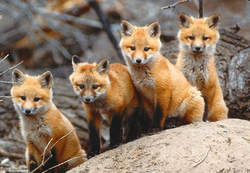
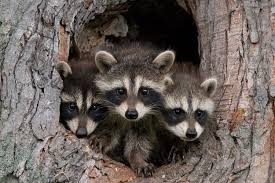

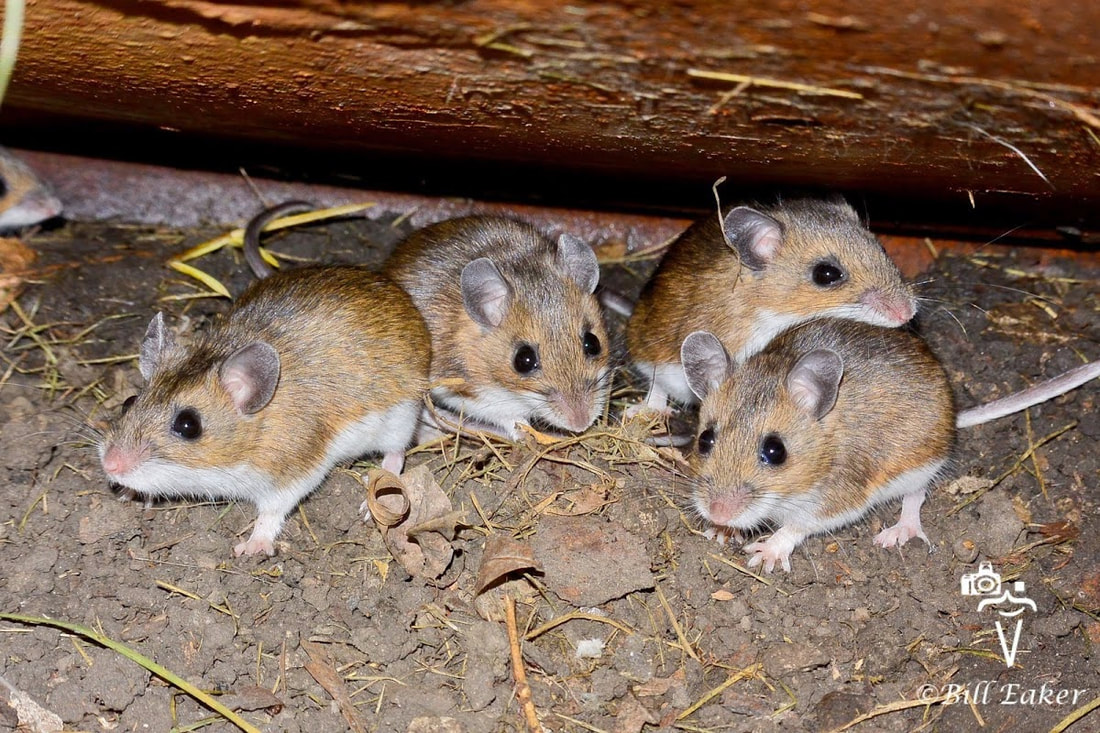
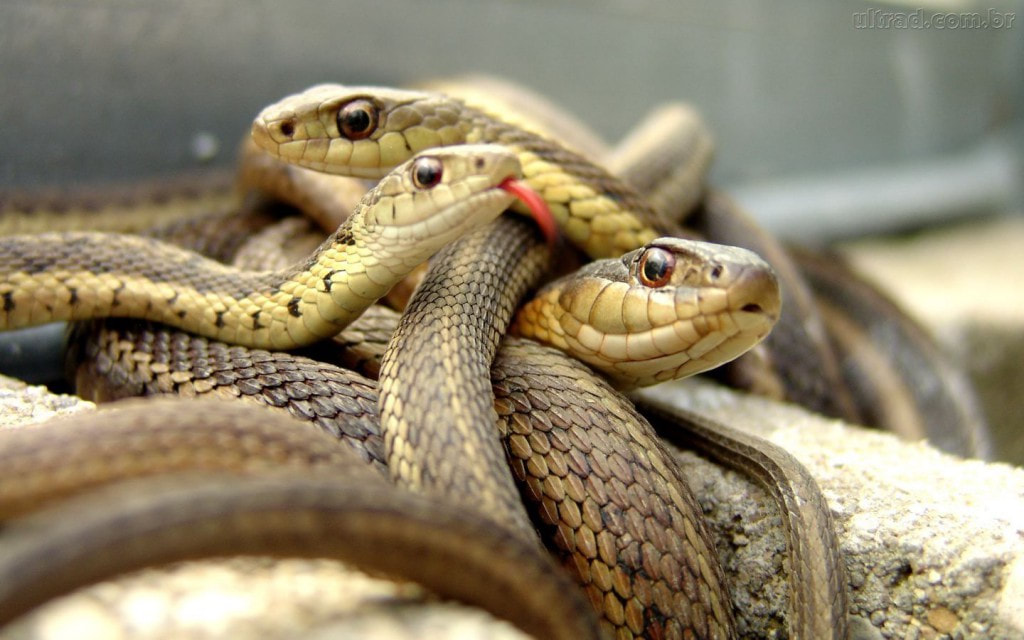




 RSS Feed
RSS Feed
